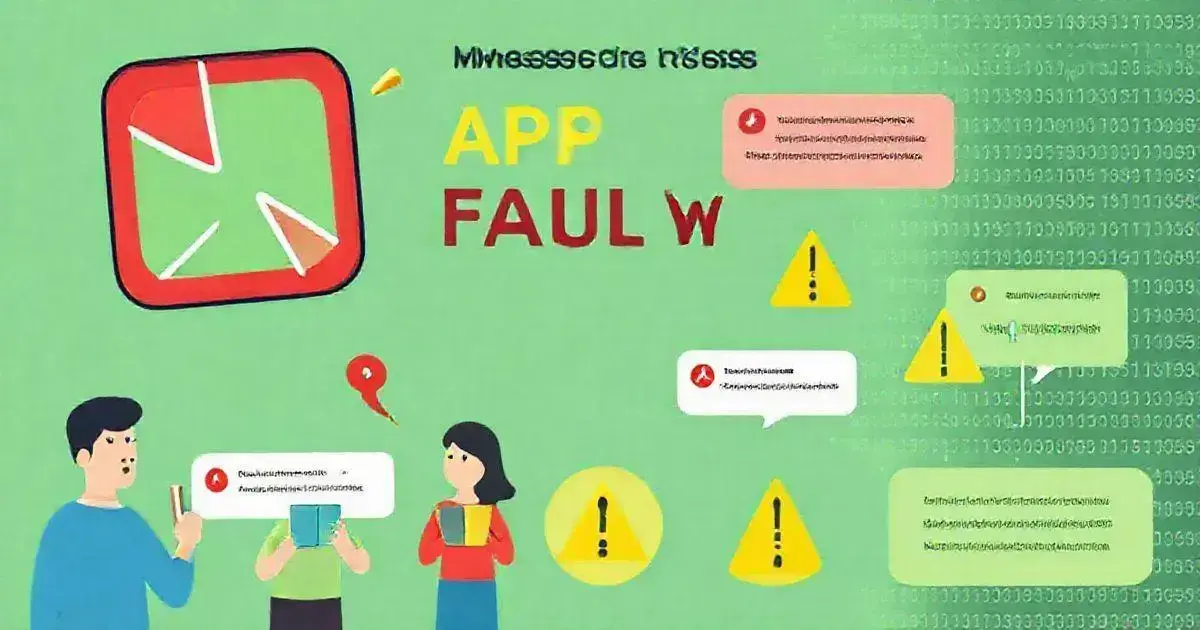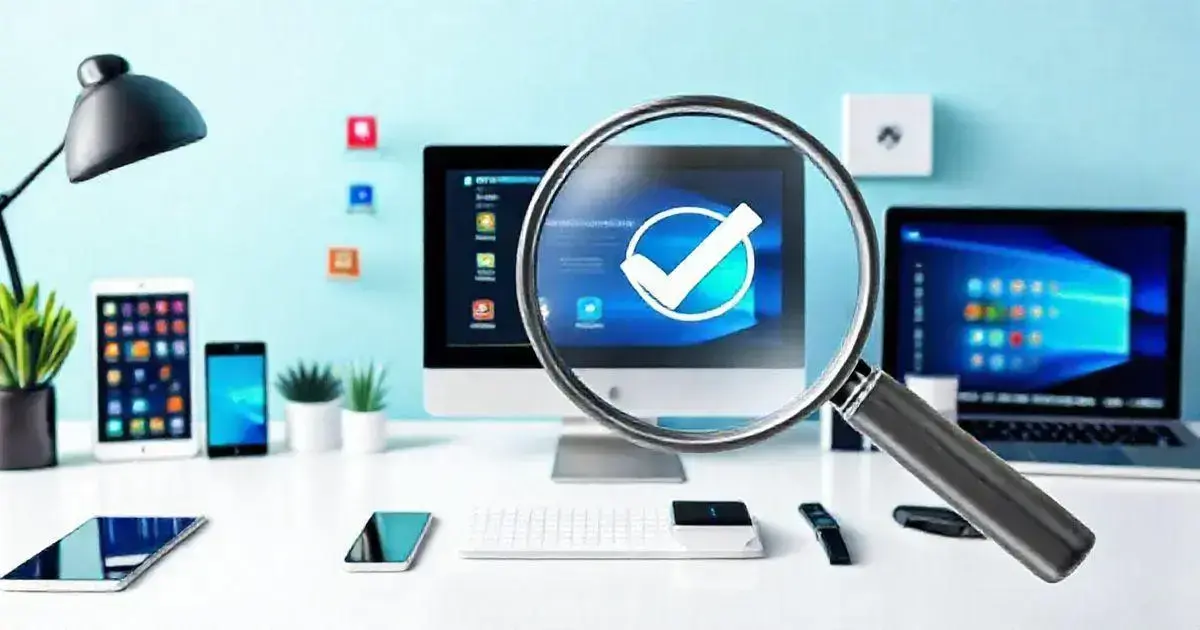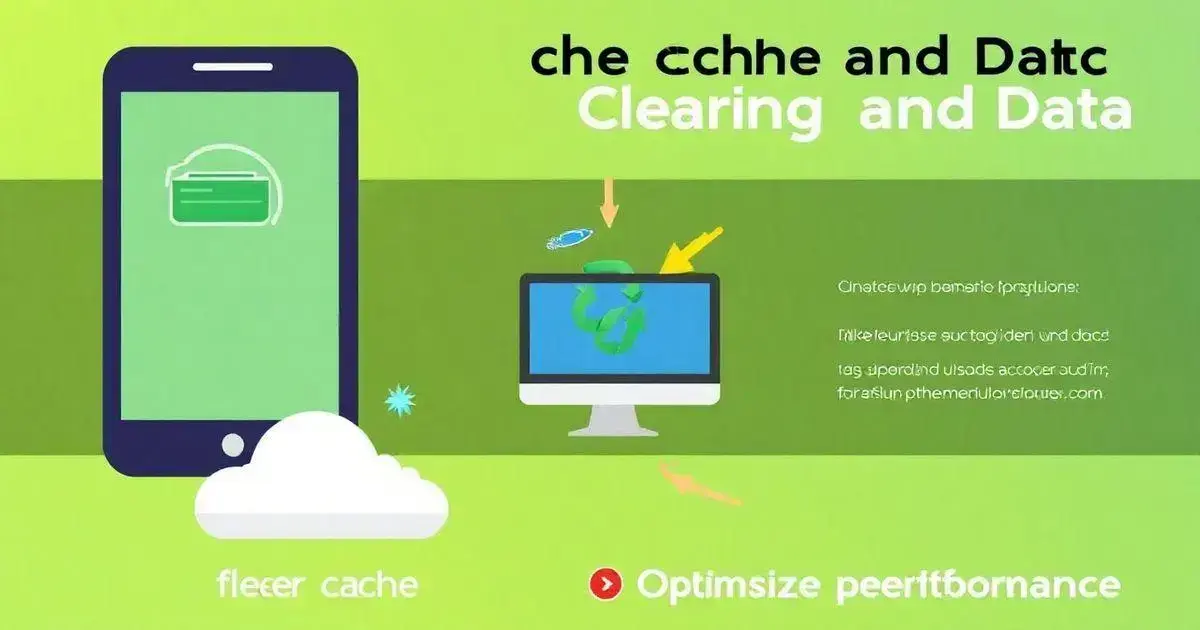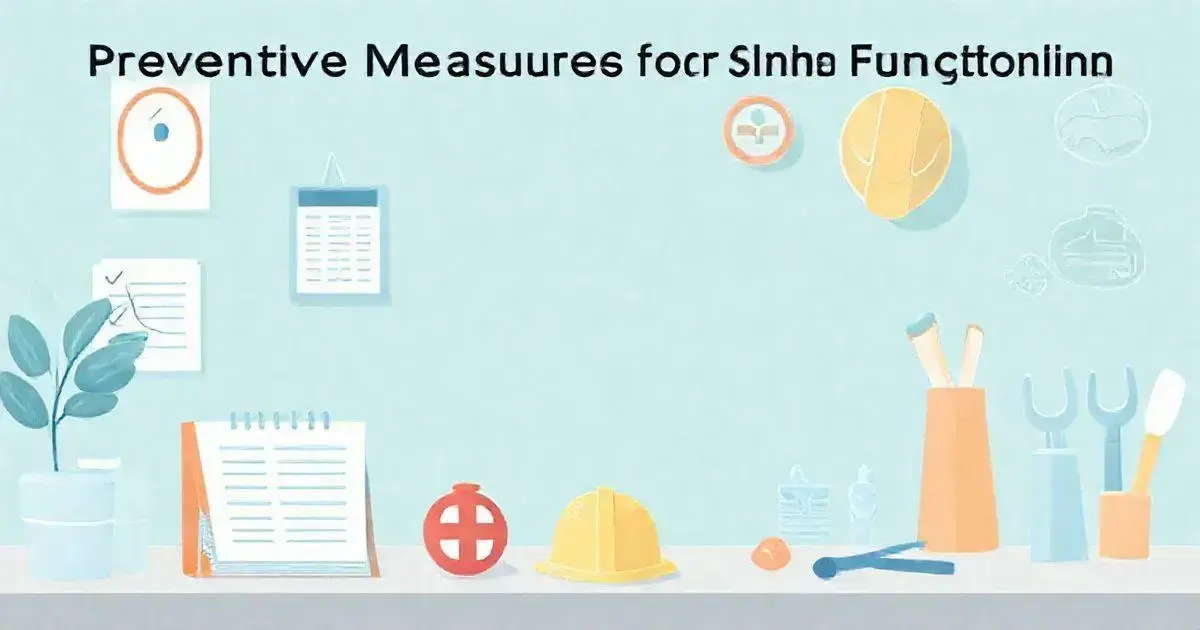Why some of my apps are not working can be a frustrating experience, especially when you’re in the middle of something important. When apps suddenly stop responding or malfunction, it’s easy to feel like there’s no simple solution. But don’t worry—many of these issues have easy fixes that anyone can tackle.
Sometimes, the cause is as simple as outdated software or a cluttered phone. Your apps might not be playing nicely with the latest system updates, or there could be too much data slowing them down. Understanding these small hiccups is key to getting everything back on track.
If you’re tired of dealing with apps that won’t open or constantly crash, keep reading. We’ll dive into common reasons behind app malfunctions and show you how to fix them, so you can get back to using your apps without a hitch.
Understanding App Malfunctions
Understanding app malfunctions can be challenging, especially when they interrupt your daily tasks. Why some of my apps are not working may be due to several factors, such as an outdated operating system that causes incompatibility with newer app versions, resulting in crashes or failure to open.
Additionally, insufficient storage space can prevent apps from functioning properly, as they need adequate room to run and store data. Why some of my apps are not working can also be linked to background processes interfering with app performance. If your device is running too many applications simultaneously, it may slow down or freeze certain apps, or even lead to connectivity issues.
Regularly checking for updates and clearing the cache can help maintain app performance. Understanding the root causes of malfunctioning apps empowers users to implement effective solutions and enhance their overall digital experience.
Common Reasons Apps Fail to Work

There are various common reasons why apps fail to work correctly. Why some of my apps are not working may stem from software glitches, which occur due to coding errors or bugs. These glitches can prevent an app from launching or cause it to crash unexpectedly.
Another factor can be network issues. Poor internet connections can hinder the performance of apps that need real-time data or cloud access. Why some of my apps are not working can also be caused by device incompatibility. As developers update apps for newer devices, older models may no longer support some functionalities, leading to application errors.
Additionally, apps may fail due to device incompatibility. As developers update apps for newer devices, older models may no longer support some functionalities, leading to application errors.
Also, if you’re running out of storage space on your device, it can stop certain apps from updating or functioning properly. Regularly cleaning your device can help avoid these problems.
Sometimes apps conflict with one another. If you have similar applications running at the same time, it can cause memory issues, slowing down or crashing any one of them.
Finally, always check for software updates regularly. Developers often release patches to fix known problems. Staying updated ensures a smoother experience with your applications.
How to Troubleshoot App Issues
Troubleshooting app issues can seem daunting, but a few simple steps can help resolve many problems. Why some of my apps are not working could be due to outdated versions, so first, check if the app is up to date. Developers frequently release updates that fix bugs and improve performance. To do this, go to your device’s app store and look for any available updates.
Next, try to restart your device. This action can clear temporary issues that might be affecting app performance. Simply hold the power button and select the restart option. If restarting doesn’t help, consider clearing the app’s cache and data.
On most devices, you can find this option in the app settings. Why some of my apps are not working may also be fixed by clearing the cache, which removes temporary files that could be causing problems, while clearing data resets the app to a fresh state.
Another important step is to ensure your device has enough storage space. If your device’s memory is nearly full, it can lead to poor app performance. Delete unnecessary files or apps to free up space.
Additionally, check your internet connection, as many apps require a stable connection to function properly. Switch between Wi-Fi and mobile data to see if one works better than the other. Finally, if all else fails, you can uninstall and reinstall the app. This process can fix any significant issues by removing corrupted files.
Checking Device Compatibility

Checking device compatibility is crucial when Why some of my apps are not working. Each app has specific system requirements that your device must meet for the app to function correctly. Begin by verifying the operating system version on your device, as many apps require the latest updates for optimal performance.
Also, ensure your device has enough RAM and storage space. Low memory can prevent apps from loading properly. If your device is outdated, consider checking if the app has a version designed specifically for your device type.
Additionally, verify that your hardware meets the app’s requirements. Some apps are designed for newer models with advanced features that older devices may not support. If you encounter persistent issues, consult the app’s homepage or support for detailed specifications regarding compatibility.
Why some of my apps are not working may be due to incompatible hardware, and understanding this can help you troubleshoot effectively.
Regularly updating your device’s operating system can also resolve compatibility issues by aligning with app requirements. Understanding device compatibility can save you time in troubleshooting and enhance your overall app experience.
Updating Your Applications
Updating your applications is essential for maintaining their performance and security. Why some of my apps are not working could be due to outdated versions that haven’t received the latest fixes or improvements.
Most apps receive regular updates from their developers to fix bugs, improve features, and enhance user experience. Ignoring updates can lead to issues such as crashing or slower performance.
To check for updates, open your device’s app store. For iOS devices, go to the App Store and tap on your profile picture. On Android devices, open the Google Play Store, tap on the hamburger menu, and select My apps & games. Here, you can see if any apps need updating.
It’s also beneficial to enable automatic updates to keep your apps current without manual effort. This can usually be found in the settings of your app store.
When updating an app, ensure you have a stable internet connection to prevent download interruptions. Regular updates not only fix potential issues but often also bring new features to improve the app’s functionality, making it more enjoyable and efficient to use.
Clearing Cache and Data

Clearing cache and data is an important step to fix many app issues. Over time, apps collect temporary files and data that can slow them down. If Why some of my apps are not working is due to these accumulated files, clearing the cache can help the app run smoother. To do this, go to your device’s settings, find the app in question, and select the option to clear the cache.
On the other hand, clearing data resets the app to its original state. This action can remove stored information like user settings, preferences, and saved files. Before doing this, make sure to back up any important data. To clear data, follow the same steps as clearing the cache, but select the option to clear data instead.
After clearing the cache and data, reopen the app. You might need to log in again or set up your preferences. This process can fix glitches and improve the overall performance of the app, making it more responsive and eliminating errors. If Why some of my apps are not working is tied to outdated or corrupted data, this step can provide a quick fix.
Reinstalling Apps for Better Performance
Reinstalling apps can significantly improve their performance, especially if they are malfunctioning. Sometimes, files may become corrupted, causing apps to crash or freeze. If you’re wondering
Why some of my apps are not working, reinstalling the app can often resolve these issues. To fix this, first, uninstall the app from your device. Go to your device’s settings, find the app, and select the option to uninstall.
After uninstalling, head to your device’s app store. Search for the app and click on the install button to download it again. This process downloads the latest version and can help resolve issues caused by outdated files.
It’s important to ensure you have a stable internet connection during this process, as interruptions can cause problems during the download. Once reinstalled, open the app and check if it works correctly.
If Why some of my apps are not working is linked to outdated or corrupted files, reinstalling can be an effective solution to restore missing features and improve overall functionality.
Preventive Measures for Smooth Functioning

To ensure your apps run smoothly, taking preventive measures is essential. Here are some key steps to follow. First, regularly update your operating system. Keeping your OS up to date ensures compatibility with the latest app versions and improves security. If you’re wondering Why some of my apps are not working, this is often due to outdated software.
Next, manage your storage space. Remove unused apps and files to free up memory. Having enough space helps apps function efficiently and reduces slowdowns, which can be a common issue when apps are not running properly.
Consider using battery optimization settings as well. Many devices allow apps to run background tasks that can drain your battery. Adjust these settings to improve performance. Additionally, always check your internet connection. A stable connection is important for apps that require online access. Avoid using apps in areas with weak signals.
Another good practice is to regularly restart your device. This can clear temporary files and resolve minor issues that may arise during usage. Taking these preventive measures can help answer the question Why some of my apps are not working, leading to a more enjoyable experience with your applications.
Why some of my apps are not working? Conclusion
In summary, understanding why some of your apps are not working and taking proactive steps can significantly enhance your digital experience. By recognizing common issues, troubleshooting effectively, and maintaining your device and applications, you can minimize disruptions.
Regular updates, clearing cache, and managing your storage are vital practices. Staying informed about device compatibility and reinstalling apps when necessary can also help maintain optimal performance.
Ultimately, by implementing these strategies and preventive measures, you can ensure smooth functioning and enjoy using your favorite apps without unnecessary frustrations.